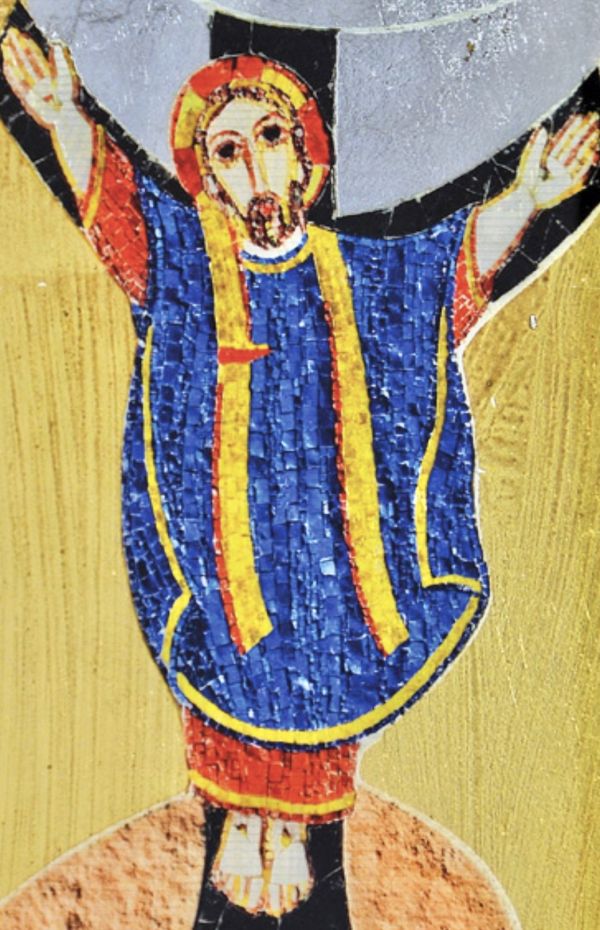The misunderstandings echo
(Jn 16:29-33)
In John the Lord's statements always have a resonance of misunderstanding among the hearers.
After the announcement of Jesus 'ascent' to the Father, here it seems instead that the disciples - at least a little - understand him.
They will shortly betray him; but that doesn't mean not having intuited anything.
The post-Easter church experiences the dialectic of Faith: community clarifies it, deepens it over time, and step by step accepts it.
The Life of the Eternal is made present, becomes more aware. The Vision of Faith grasps and anticipates the future.
The apostles “understand” and “believe”, or at least begin to do so. But they are still so tied to external evidence. Hence the fatigue of the understanding journey, and the distrust of Christ [who knows us].
Ours is always a partial convincing, but abandonments, hesitations, betrayals, do not have the power to weaken the Son's relationship with the Father and his own intimates.
God cannot be overcome. He is the only support: far more reliable than our knowledge, certainty, faint confidence.
Misunderstanding is not an obstacle to the relationship of Faith, on the contrary, if brought to consciousness it allows the Gold to emerge; it arouses a burst, activates intimate acumen, a convinced involvement.
There the «Peace in Him» (v.33) arises - proper to her/him who is troubled. Shalôm that is neither quietism, nor truce.
The victory of life over the germs of death can only be understood in trials, in which what we are [in being and acting] emerges.
The stability of existing in the Spirit of Jesus does not rest on the lack of escapes, but on the authentic Foundation, only divine - hence multifaceted, life-wave-tolerant.
The text allows us to take measure of our misunderstandings, of our own rejections of the resounding appeals that Providence offers.
The many reminders immediately give the fruitful measure of the precarious condition, and hint that not even the eventual «Here I am» commensurate with a progression.
The conspicuous denials make it clear that the «Yes» is constantly in the germination phase.
Well, firm spiritual trust is not presumptuous, but incipient. Nor superficial. It is powerful in its powerlessness.
The verification of belief is not only the acceptance of the Cross - however improbable - but its silent and fruitful condition of Unexpected. Penetration of reality, which overcomes the world (v.33).
Jesus disillusioned the enthusiastic belief of his disciples: he knows that it heralds shameful escapes, or the most degrading stasis.
But in difficulties no one is alone. Every trial is an opportunity for reflection, full of profound energy and mysterious growth.
Faith is not epidermically perky certainty: if authentic, it is questioned step by step.
There is no moment in which problems are overcome.
And only with the Gift of the Spirit can it be accepted that the Father's Plan and the Son's Work be fulfilled in loss.
Velvets are illusory.
One only comes to know the Father of life, Heaven in us, by walking the road of an unceasing Liberation: for the raw and full understanding of the Most High, always a long way off lacks.
[Monday 7th wk. in Easter, June 2, 2025]












